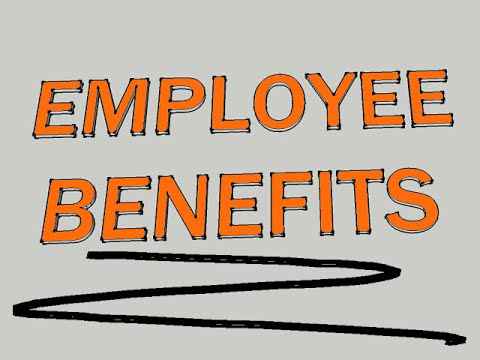Debt Consolidation – 2 3 As a Percent Reduction in Credit Card Debt
Many people wonder how to get their debts down to 2%, or even less when they consolidate their credit card debt. Is it safe to do so? What are the advantages and disadvantages of debt consolidation? These are fantastic questions, and it’s sometimes difficult to determine the right answer. Here are some pointers that will help you decide if debt consolidation is right for you:

- Will lowering your debt to a percentage of your income make you feel better? Do you have to be poor to feel depressed and overwhelmed? If so, then maybe debt consolidation is not for you. Debt consolidation is all about smoothing out your financial situation, not getting rid of it completely. The process of reducing your financial burden to a manageable level is more common than you imagine. Debt counseling may even help you with this, as it will be able to guide you through the process of eliminating your debts.
- Are you able to afford the consolidation? Unfortunately, you can’t always reduce your credit costs by eliminating your debt. It will not be possible to ever pay off your debt without any added fees or lowered credit ratings if you do this. With this in mind, you need to think about how you will afford debt consolidation loans. If you can’t afford the payments, then it may not be worth your time.
- What type of credit is available? There are various types of debt, including those that are secured and unsecured. Secured debt, such as car loans, home mortgages, and credit cards, comes at a lower interest rate than unsecured debt, such as credit card debt and personal loans. Suppose you have collateral to use for a secured loan. In that case, you will also see an improvement in your credit score, which can be used later to get loans for other things, such as car repairs and furniture.
- How much are rates of interest and monthly installments of debt consolidation loans? Depending on the firm you select, there are several choices for payment. For example, some companies will require a lump sum amount upfront. In contrast, others will allow you to make weekly, monthly, or quarterly payments. There is also a choice to have the debt consolidation company distribute the money you pay directly to your creditors. Be sure to look at all of the options before making a final decision to pursue debt consolidation.
- What are the qualifications for obtaining a debt consolidation loan? Before you even start thinking about consolidating your debts, you should know what credit reports and scores are and what you can expect out of your credit report and scores. Many companies that provide debt consolidation loans do not even review your credit report before offering you a financial solution. If they do, it is typically for a low-interest rate and not because they feel you are worth it. The better your credit rating, the better their job of monitoring your credit to make sure you only apply for credit that will help you get back on track.
- Will, my monthly debt payments go up if I take out a consolidation loan? Yes, when you apply for the consolidation loan. This is because you are adding more money to your monthly payments, which is not allowed with secured loans. The only way that the creditors will lower your payments is by reducing your interest rate.
As you can see, there are some myths and misunderstandings that you need to know about when you are considering a consolidation loan. The purpose of this article is to educate you so that you can make an informed decision before taking out a debt consolidation loan. Good luck!
Related Posts
© Copyright 2021 PercentageCalculatorFree.com |All Rights Reserved.




Leave A Comment